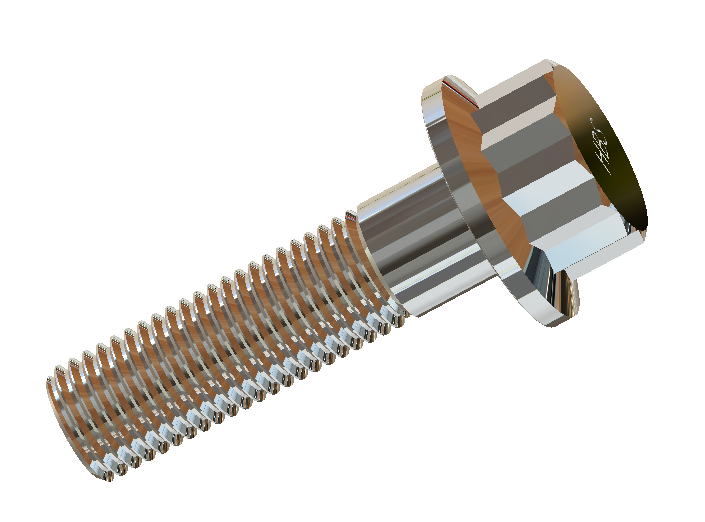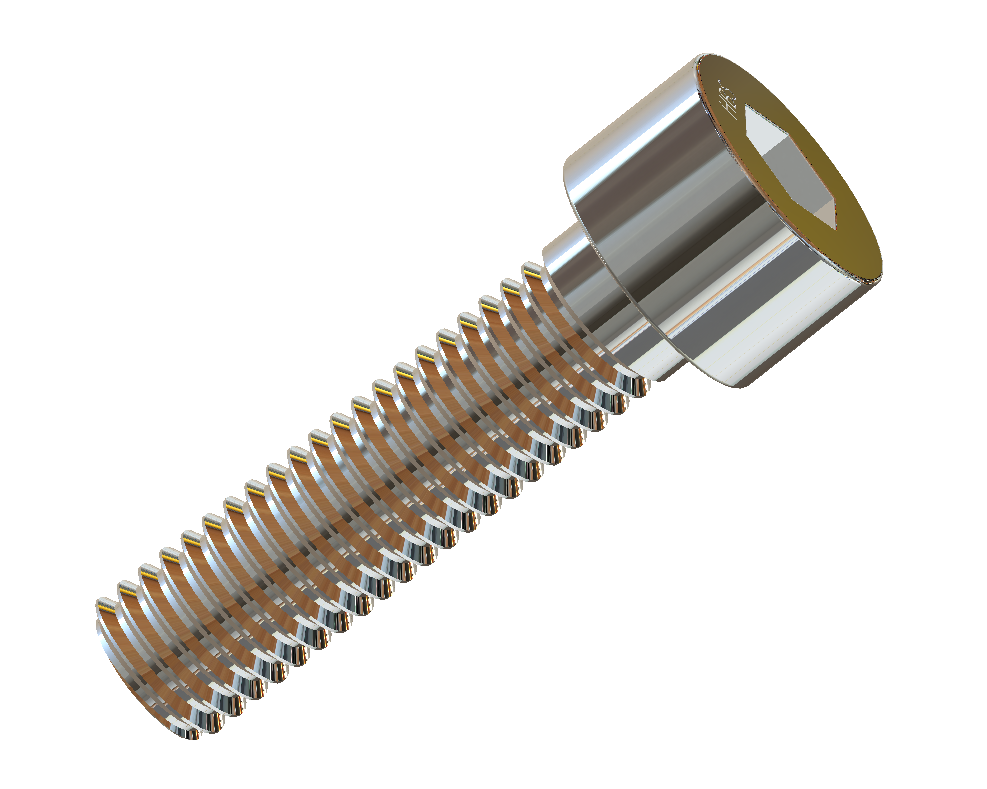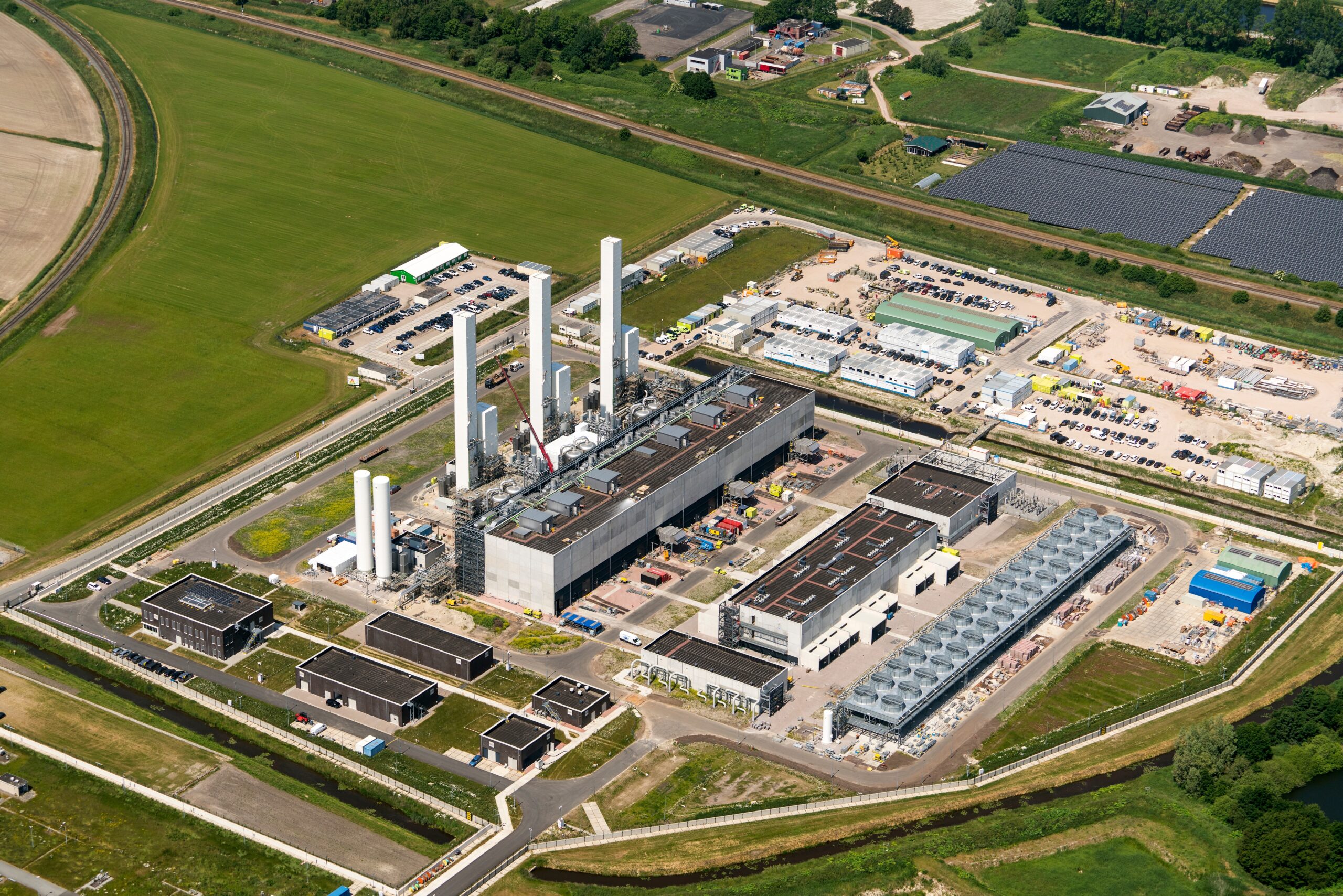Our Products
Explore the Screws from HBS
Unveiling the Versatility of Screws: Your Go-To Fastening Solution
In the intricate world of construction, manufacturing, and DIY projects, one essential component holds everything together – the humble screw. From securing structural beams to assembling furniture, screws play a pivotal role in creating strong and reliable connections. Let’s delve into the fascinating world of screws and explore their versatility, types, and applications.
Understanding Screws:
At its core, a screw is a threaded fastener with a helical ridge, known as threads, wrapped around a cylindrical shaft. This ingenious design allows screws to engage with a corresponding threaded hole or nut, creating a secure and robust connection when tightened.
Versatility in Applications:
The beauty of screws lies in their versatility. Whether you’re building a wooden deck, installing drywall, or fixing a loose hinge, screws offer a reliable solution for virtually any fastening task. Their ability to grip materials firmly, resist shear forces, and provide ample clamping force makes them indispensable in various industries and applications.
Types of Screws:
Screws come in a myriad of shapes, sizes, and materials, each tailored to specific requirements and environments. Some common types of screws include:
- Wood Screws: Designed for use in wooden materials, these screws feature coarse threads and sharp points for easy penetration and secure attachment.
- Machine Screws: Ideal for metal-to-metal or metal-to-plastic applications, machine screws have finer threads and are often used with nuts or tapped holes.
- Sheet Metal Screws: These screws have sharp, self-tapping threads designed to penetrate thin metal sheets without the need for pre-drilling.
- Drywall Screws: Specifically engineered for fastening drywall panels to wooden studs or metal frames, drywall screws feature coarse threads and bugle heads to prevent tearing of the drywall paper.
- Concrete Screws: Also known as masonry screws, these screws are specially designed for anchoring materials to concrete, brick, or block walls.
Choosing the Right Screw:
Selecting the appropriate screw for your project depends on several factors, including the material being fastened, the load-bearing requirements, and the environmental conditions. Consider factors such as screw size, thread type, head style, and material compatibility to ensure optimal performance and longevity.









